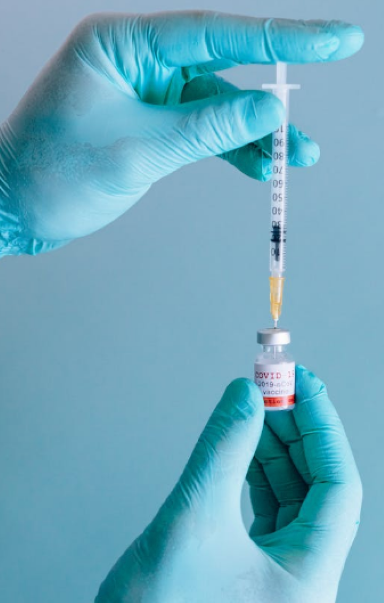Placebo, Control and Effect

What’s a Placebo?
A placebo is a substance or treatment that is inert or inactive, meaning it does not contain any active ingredients or therapeutic properties. Despite its lack of specific medicinal effects, a placebo can still have a significant impact on a person’s perception of their symptoms and overall well-being.
The placebo effect refers to the phenomenon where a person experiences a perceived improvement in their condition or symptoms simply due to their belief in the treatment they are receiving, even if it is a placebo. This effect is observed in both medical and psychological contexts.
The exact mechanisms behind the placebo effect are not fully understood, but several factors contribute to its effectiveness. One important element is the power of expectation and belief. When individuals believe they are receiving a genuine treatment, their expectations and positive beliefs can lead to changes in brain chemistry and the release of certain neurotransmitters that contribute to a sense of well-being or pain relief.
The placebo effect can also involve the complex interplay of psychological and physiological factors. For example, the act of taking a placebo pill or undergoing a sham procedure may create a sense of hope, comfort, and reassurance, which in turn can trigger the body’s self-healing mechanisms and improve subjective symptoms.
Placebos are commonly used in clinical trials as a control group to evaluate the effectiveness of new treatments. They help researchers distinguish between the specific effects of a drug or intervention and the nonspecific effects produced by patient expectations or natural healing processes.
It is worth noting that while placebos can produce positive effects, they do not have the ability to cure diseases or provide genuine therapeutic benefits. They primarily affect subjective symptoms, such as pain or perceived well-being. Medical professionals and researchers continue to study the placebo effect to better understand its underlying mechanisms and potential applications in healthcare.
🚨 New Bombshell Investigation Finds 1-in-3 Pfizer Vaccine Doses May Have Been a Placebo.
— DiedSuddenly (@DiedSuddenly_) July 1, 2023
This is GOOD news, but also, explains how they were able to continue pushing the vaccine despite the reports of severe vaccine injuries.
Early on, many “vaccinated” individuals were the… pic.twitter.com/nReKONybmr
Saline Shots vs. The Jab
Snake Venom Technology?
Is Snake Venom Harmful to Humans?
Snake venom is harmful to humans due to its complex composition and the various toxins it contains. Snakes produce venom as a defense mechanism and for capturing and immobilizing their prey. While the specific composition of snake venom varies among different snake species, it typically contains a mixture of proteins, enzymes, peptides, and other bioactive substances.
The harmful effects of snake venom on humans can be attributed to several factors:
1. Toxicity: Snake venom is highly toxic and contains components that can damage tissues, disrupt physiological processes, and interfere with the normal functioning of the body. Venom toxins can target various organs and systems, including the cardiovascular, nervous, muscular, and hematological systems.
2. Enzymatic activity: Snake venoms often contain enzymes that can break down proteins, disrupt blood clotting mechanisms, and cause tissue damage. For example, some venom enzymes can degrade the structural proteins that hold tissues together, leading to local tissue destruction and systemic effects.
3. Neurotoxicity: Certain snake venoms contain neurotoxins that affect the nervous system. These toxins can interfere with the transmission of nerve signals, leading to paralysis, respiratory failure, or other neurological symptoms.
4. Hemotoxicity: Many snake venoms have hemotoxic components that affect the blood and its clotting ability. These toxins can cause coagulopathy (disrupted blood clotting), leading to excessive bleeding or clot formation, which can have severe consequences.
5. Allergic reactions: Snake venoms contain allergenic components that can trigger allergic reactions in some individuals. These reactions can range from mild symptoms, such as itching and rash, to severe anaphylaxis, which is a life-threatening allergic response.
It’s important to note that not all snake venoms are equally harmful to humans, and the effects can vary depending on factors such as the snake species, the amount of venom injected, the location of the bite, and the individual’s sensitivity or immune response. Prompt medical attention is crucial in cases of snakebite to mitigate the harmful effects of venom and prevent complications.